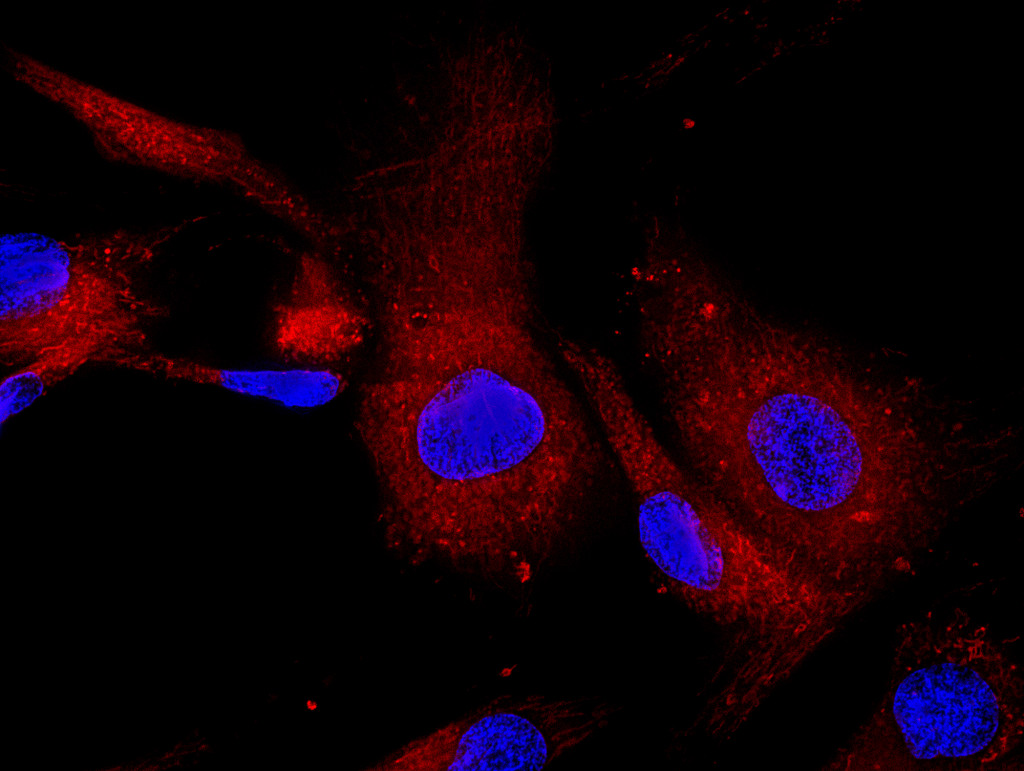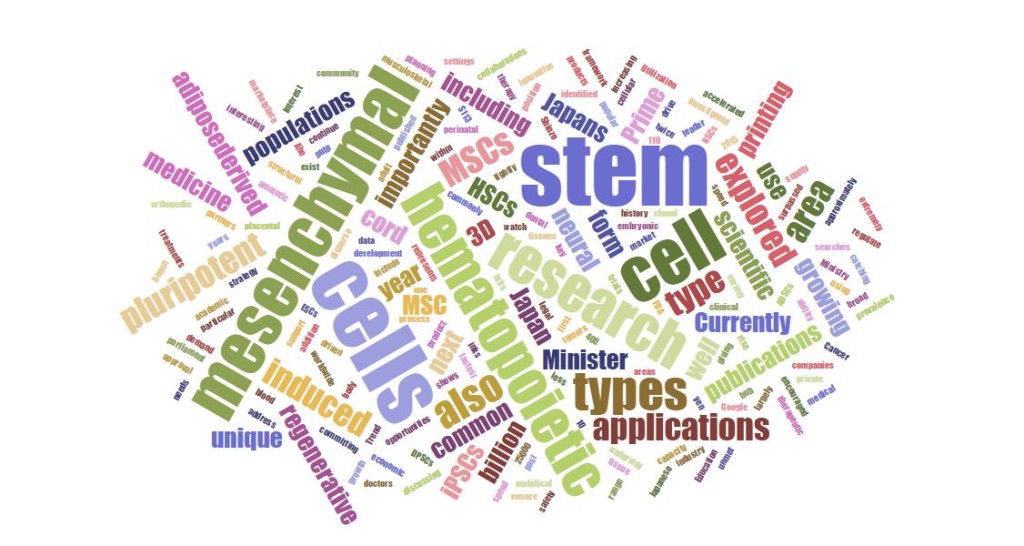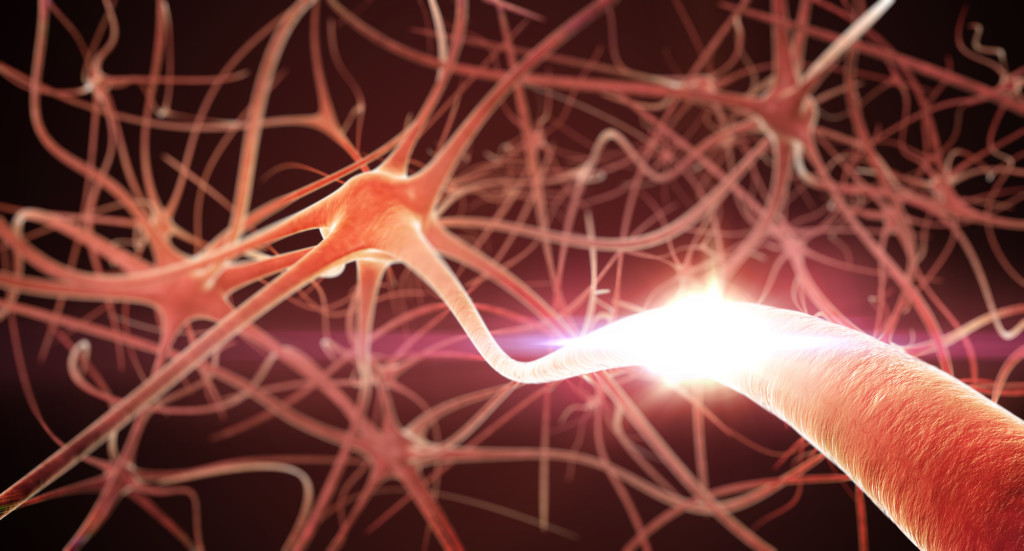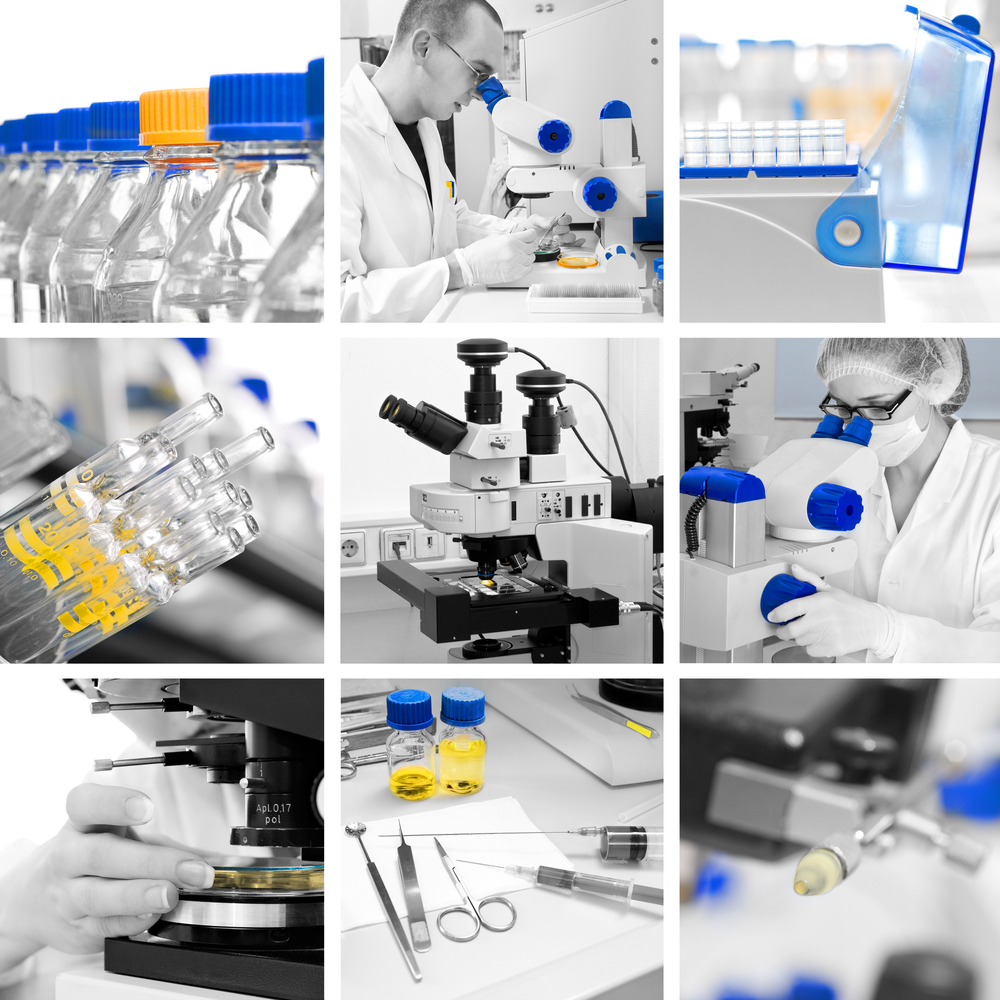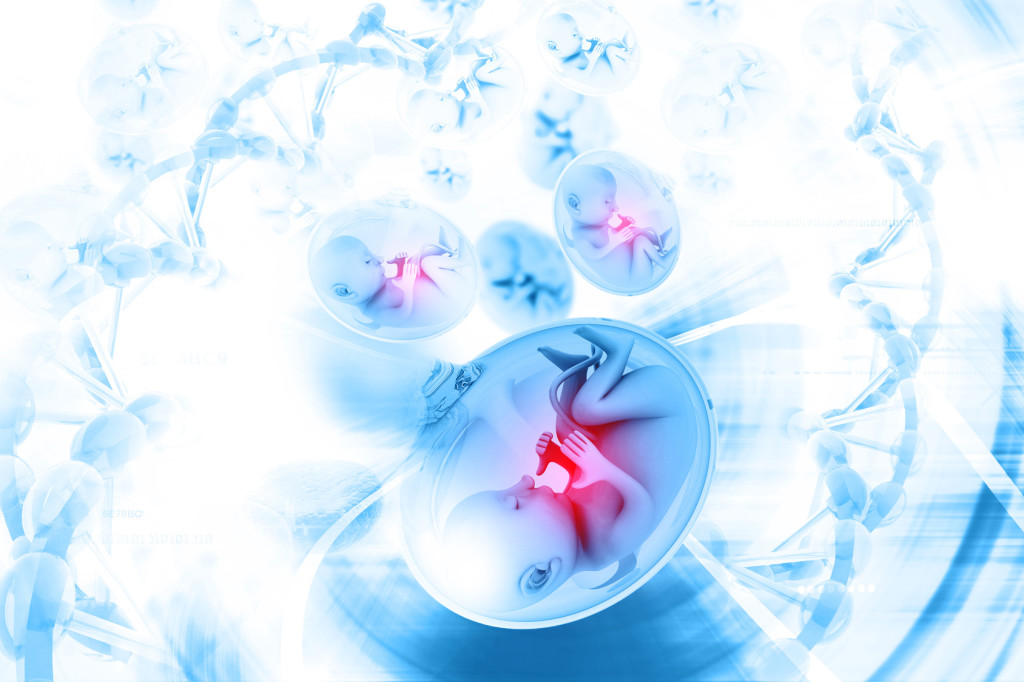Mesenchymal stem cells (MSCs) are multipotent stem cells that can differentiate into a variety of cell types, including osteoblasts, chondrocytes, myocytes, adipocytes, beta-pancreatic islets cells, and potentially, other cell types. MSCs are of intense therapeutic interest because they represent a population of cells with the potential to treat a wide range of acute and degenerative diseases.
MSCs are advantageous over other stem cells types for a variety of reasons: they avoid the ethical issues that surround embryonic stem cell research, and repeated studies have found MSCs to be immuno-privileged, which make them an advantageous cell type for allogenic transplantation. MSCs reduce both the risks of rejection and complications of transplantation. Recently, there have been advances in the use of autologous mesenchymal stem cells to regenerate human tissues, including cartilage, meniscus, tendons, bone fractures, and more. [Read more…]
